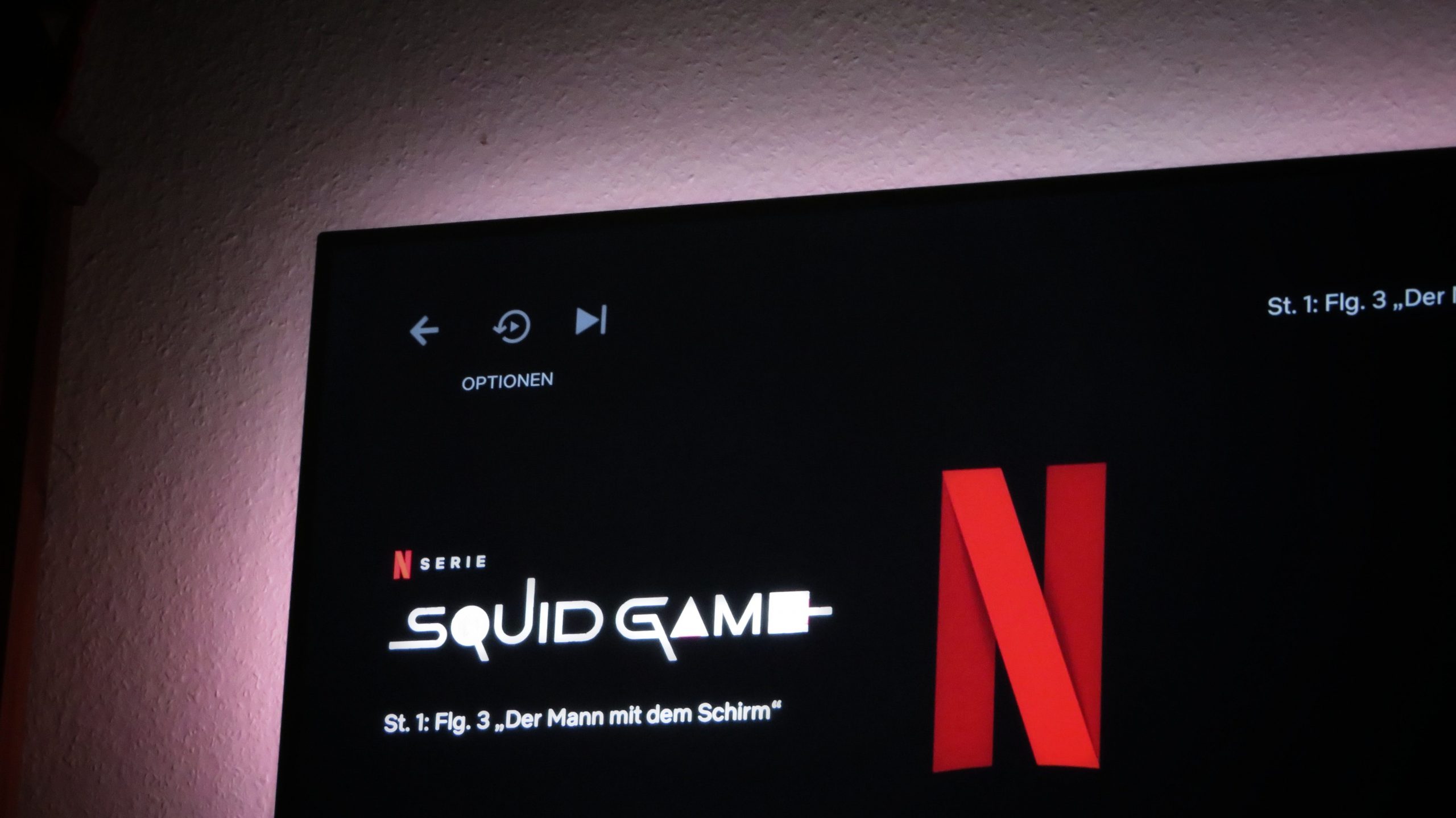Some schools in Qatar sent circulars to parents warning against exposing children to harmful shows, including Netflix’s ‘Squid Game’ series.
Schools and child psychologists across the country are calling for online safety now more than ever as hit Netflix series ‘Squid Game’ inspires games among students.
In recent weeks, Netflix released its record-breaking Korean thriller series which rapidly made it to the top list of most watched shows worldwide, with millions of viewers binging on its attention-grabbing concept.
The nine episode show revolves around 456 people who sign up to take part in a set of childhood games with a brutal and deadly twist to win a grand monetary prize. Both violence and brutality clearly feature in each episode.
Despite its 18 age rating, and with parental control over internet loosening during the pandemic period, kids worldwide have started both watching at home and imitating scenes from the popular thriller at schools, prompting warnings from experts.
Read also: Qatar’s mental health helpline has helped ‘thousands’ since last year
Parents and professionals alike believe the series poses a risk to children’s mental health, as it sends negative and violent messages that could be extremely harmful if applied in real life.
Since the adult show gained huge popularity among adolescents, international experts have been urging parents to turn on parental controls on Netflix.
A report by the British Belfast Telegraph mentioned that children as young as nine have allegedly watched the show.
While failure in the show results in death, “one school in Belgium reported that children being eliminated in games were being beat up,” the report said.
In Qatar, Doha News learned that the Lebanese School of Qatar (LSQ) has sent a circular to all parents to raise awareness of the risks on students’ mental health and emotional wellbeing.

“We kindly ask you to tighten control on the content your kids are exposed to on Youtube, Netflix and TikTok, for example, and not just limited to the recently trending ‘Squid Game’ which includes bloody and violent scenes,” the school’s counselling centre wrote in the circular.
A source told Doha News that teachers in LSQ realised some kids as young as five know about ‘Squid Game’ and noted many are playing the games during lunch breaks, albeit in a peaceful way.
A third grader said kids in her class play the ‘green light, red light game’ from the series, which prohibits any movement after the light turns red.
As seen in the show, those who make any sudden movements once the light turns red are brutally shot dead. The source said students point their bare hands shaped as guns instead.
LSQ students reported that teachers have been warning them not to watch the actual series as it is inappropriate for their age.
However, others are taking on a more positive spin.
A source at another school in Doha said PE instructors were teaching students games inspired by the series in an attempt to apply the trend in a healthier fashion.
“It was fun, enthusiastic, challenging but not harmful,” a student told Doha News.
The sports teacher divided the class into groups, girls and boys separately, and taught them popular ‘red light’ and ‘green light’ kids games.
“The person who loses starts again, no one gets eliminated,” she explained.
Read also: Should governments control internet usage for teens?
Meanwhile, one parent said controlling what kids see on the internet since the pandemic started has become almost impossible due to everything, including education, transferring to the virtual world.
However, online safety “is extremely important to protect children from harmful scenes and manipulative messages that they could learn from inappropriate movies and videos online,” the parent added.
In an interview with Doha News, Senior Clinical Psychologist at Mind Institute Qatar, Mohamed Hedi Mabrouk said schools and parents share the responsibility of protecting children from potentially harmful content.
As for parents, the psychologist advised to “try to keep electronic devices in shared spaces at home so parents can better monitor device usage.”
He also suggested that schools “should hold sessions in social and personal education (PHSE) related to internet use,” to raise awareness on this issue.
“Schools should have sessions on emotional awareness to educate children and adolescents on how to deal with negative emotions, as well as how the material we consume impacts our emotional state,” he added.
The specialist talked about the cooperative role of parents and schools in addressing this phenomenon. “Schools should have open communication with parents so that if the child or adolescent feels the urge to act based on what they’re watching, both parties would have enough time and resources to manage the situation swiftly.”
He highlighted that “it would always be an excellent choice to work closely with qualified therapists to tackle similar challenges, so children and adolescents have the right psychological tools to deal with their personal experiences.”
In the wake of the trending Korean series, Mabrouk advised adults to “have a conversation with the child and ask them questions on what they have heard about Squid Game and what they think about it, which allows you to screen their perspectives and involve them in the decision making, instilling responsibility.
“Look for signs and triggers of fears or anxiety, such as sleeplessness, night terrors and bedwetting, and/or crying or talking about being afraid – and address the situation accordingly,” he said.







